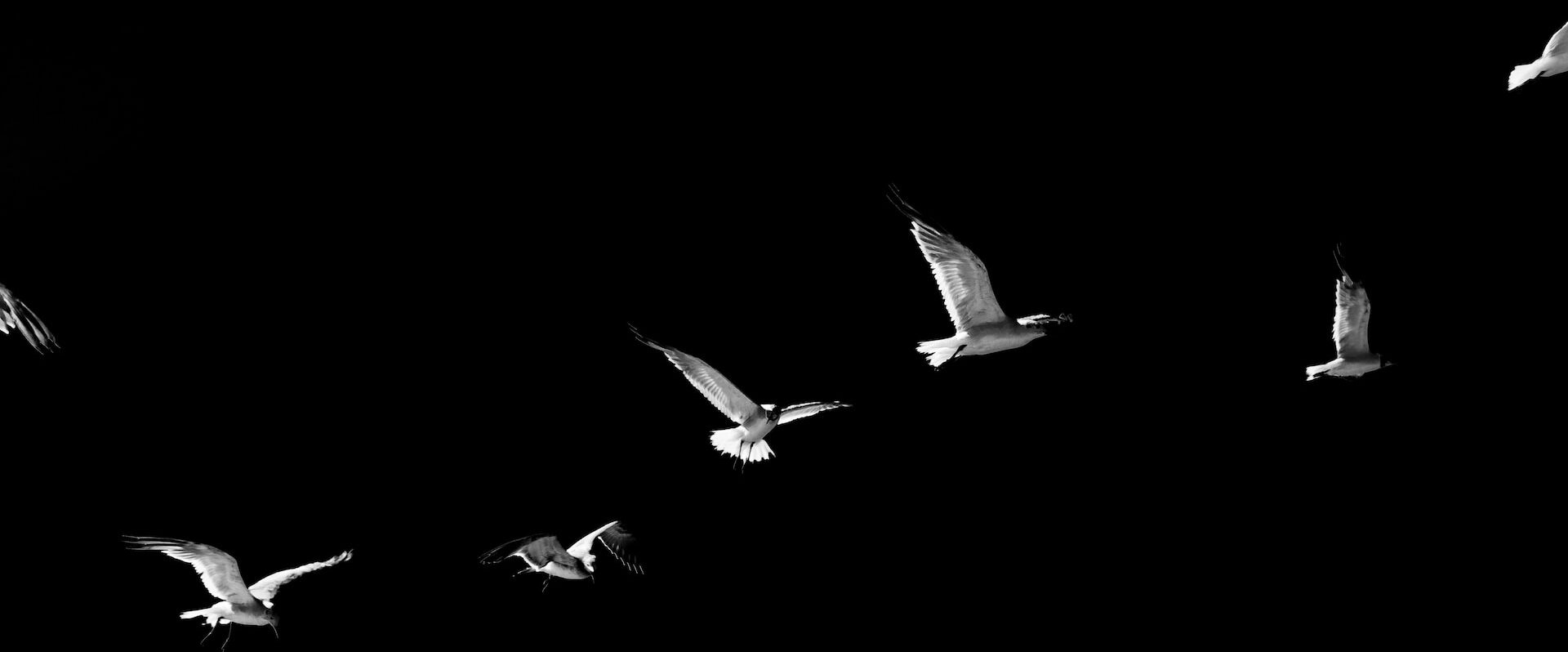This project is assessing microplastic pollution as an environmental justice issue through avian ecology and community-engaged research in San Antonio, Texas. Microplastics, defined as plastics 1mm-5mm in size, are prevalent in the environment. However, marginalized communities may experience a disproportionate burden of microplastic pollution because procedural injustice often results in reduced or denied services that address issues of pollution, the accumulation of road-side waste and illegal dumps, or waste management facilities being located near marginalized communities. In this project, community scientists across the city host nest boxes in their homes and monitor the breeding attempts of House Sparrows (Passer domesticus) following a modified NestWatch protocol. Members of the research team collect nestling fecal sacs and analyze them for microplastic content. We anticipate that birds nesting in areas with a higher socioeconomic status will be less exposed to microplastics and have higher breeding success than birds nesting in areas with a lower socioeconomic status. This research empowers community members to address issues of environmental justice in their neighborhoods while also increasing knowledge about an environmental contaminant of pressing concern.

